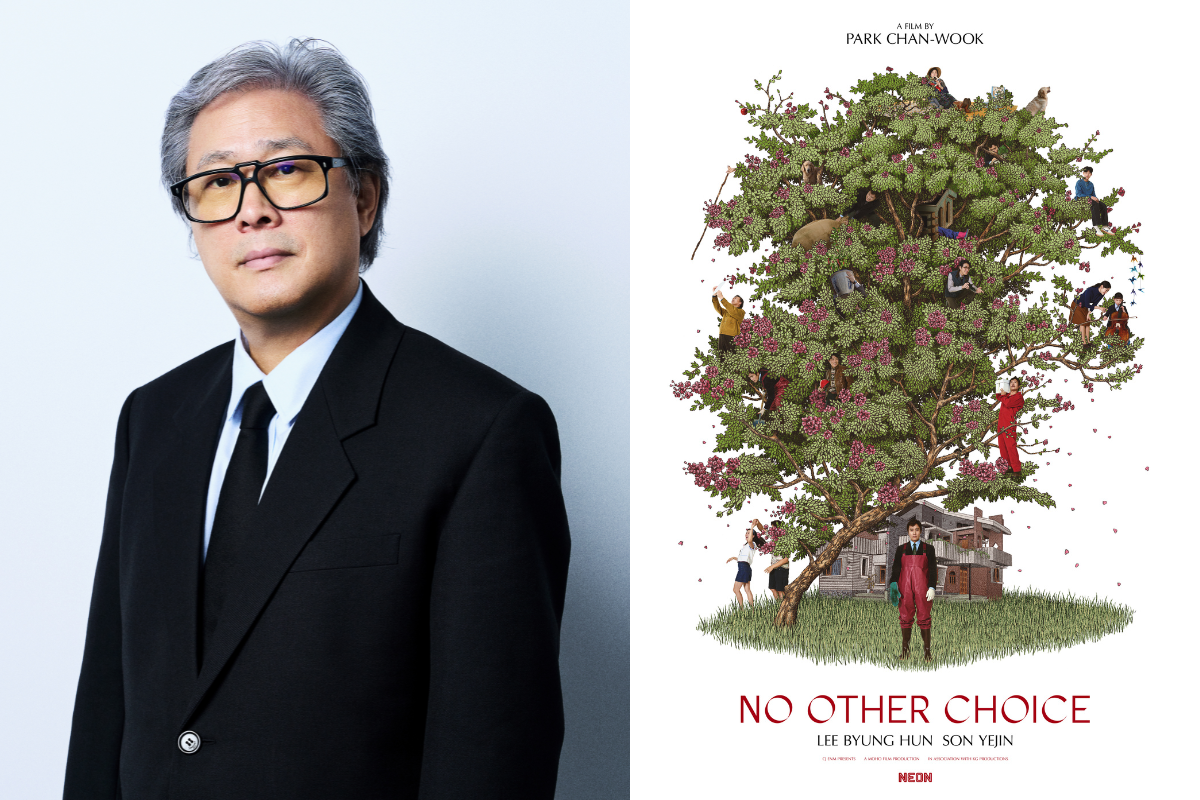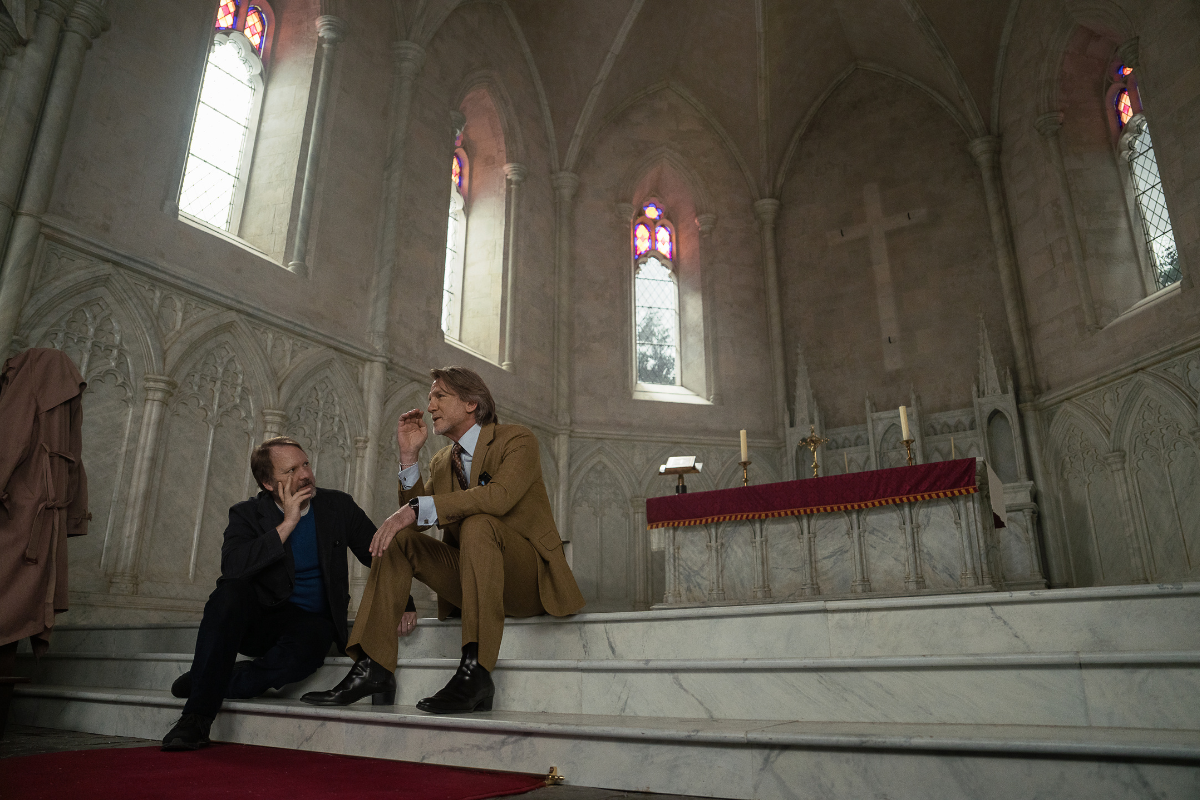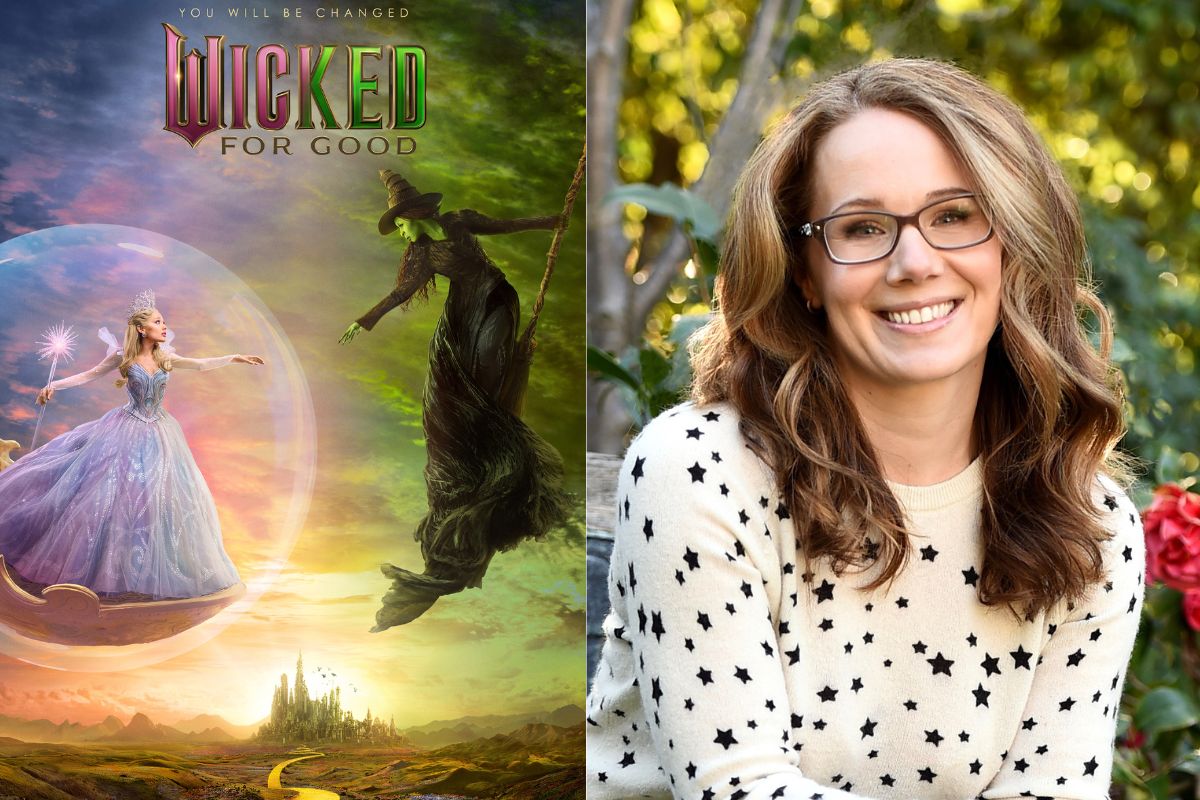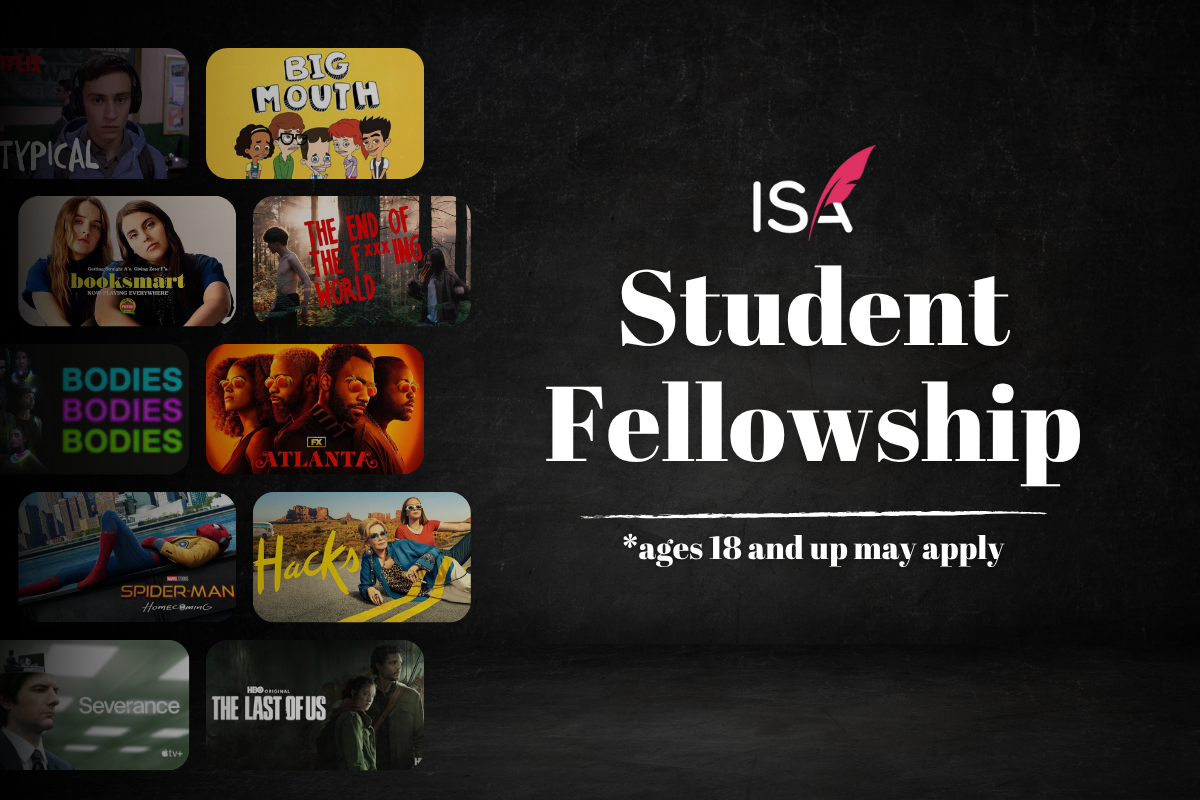Big Break™ Judges Laura Perez & Katharyn Bond Márquez
The tenth-annual Big Break™ Screenwriting Contest helps aspiring screenwriters get their scripts into the hands of industry professionals. As Final Draft, Inc. works on the finalists of this year’s crop, we thought we’d talk to those industry professionals tasked with choosing the best of the bunch.
The tenth-annual Big Break™ Screenwriting Contest helps aspiring screenwriters get their scripts into the hands of industry professionals. As Final Draft, Inc. works on the finalists of this year's crop, we thought we'd talk to those industry professionals tasked with choosing the best of the bunch. Among them are Laura Perez and Katharyn Bond Márquez of Converge Entertainment, a company that finances and produces independent and American Latino films. Here, Perez and Márquez outline what they expect from a winning screenplay.
Define the key element a winning script must have?
Perez: The key element that stands out is unique innovation. One of the most challenging things for screenwriters -- and I’m a screenwriter myself just as much as I’m a producer -- is to avoid repeating a story that has already been told. It’s challenging to create something innovative that resounds with a mainstream audience in a unique way. As soon as we see a new and unique approach to a story, especially if it’s one we’ve never heard before, we are more than likely to want to read the rest of the script. If we feel like we’ve read it a million times, it’s difficult to become invested in the story.
Márquez: I agree with Laura, but think that creativity requires structure. By that I mean, even the most innovative script requires a very cohesive structure in regard to the genre and the characters. Every genre contains a structure and every character must be developed. If the story is not executed in a solid structure of screenwriting, then what you have is a great concept but that’s not enough. For an emerging screenwriter, marrying structure and creative innovation is the toughest part.
Describe the kind of script you just can't put down.
Perez: When we start reading a script that has a character who is actually going through a journey -- whether it is mentally, emotionally or physically -- we want to follow that journey. Very often this is completely disregarded. For example, we had a script we wanted to develop, we liked the main character on the surface, but a clear and distinct journey did not exist. So we need to consider, how we are going to get an A- or B-list actor to commit to this script, if there’s nothing going on for that character? If I pick up a script and the character is going through an interesting journey, I want to follow that journey.
Márquez: Also, a character’s journey has to be rooted in character development. For example, imagine you’re on an airplane traveling to France. You’re sitting next to someone and they start to tell you a story. Two things can happen: The hours pass like minutes because the person captivates you, or you’re trapped in a prison, bored stiff. The audience must have an emotional investment in the character that makes them react -- love, hate, loathing, charmed, bothered. Hannibal Lecter was a frightening person, but we were entranced by him. We could watch him read the phone book. And that’s because he was so developed as a character we were mesmerized by everything he did, as much as we were reviled by his killings. A writer must develop the character with specific behavior and a specific external persona that intrigues the audience enough to watch the character on the screen. And a character’s backstory or tragic history does not necessarily equate to specific behavior -- it may only be motivation for his external actions.
What's the best advice you can give a writer wanting to do well in a contest?
Perez: When I produced my first feature for $25,000, it was because I found a great story -- a true story -- that I felt needed to be told. I had a personal investment in it, but I did not consider the business/sales aspect of it. I never thought about international marketability, or how to potentially sell the concept. Ultimately, we were able to sell the film through creative marketing. Now, with limited capital available in the marketplace, a script has a better chance of being made if the writer has chosen a definite target audience. The dominant market of moviegoers, not just in theaters but also online, is the 18-24 demographic. You almost have a shoe-in if you write something for a demographic that’s been proven to have presence in the marketplace. We all want to write stories that are compelling and that we stand behind in a passionate way, but if you can attach your story to something with marketability, then you’ve really got something.
Márquez: Probably the greatest tragedy of emerging screenwriters is to write a movie that can’t be seen by anyone. I believe in art for art’s sake, but if you’re a screenwriter and a filmmaker and want to have your stories seen by more than family and friends, then we are in the realm of film as a business. A screenwriter must take into account who the target audience is and how they watch movies -- on the Internet, in theaters, at home with a DVD. Understanding your target audience will help craft your story, drive its structure, and obtain the critical factors for it to be produced such as financing, talent and distribution.







